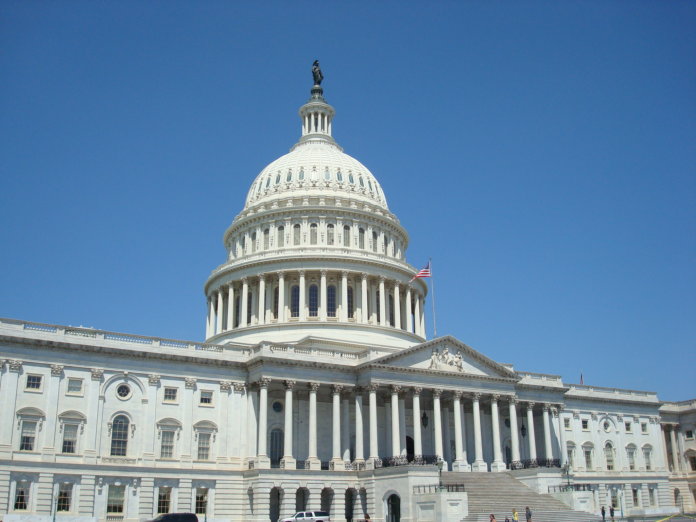The House mobilized this week to pass legislation that would avert a government shutdown, but that legislation did not include an extension of the solar investment tax credit (ITC).
In turn, the ITC will decrease as scheduled at the end of this year, stepping down from 30% to 26% in 2020 for both residential and commercial solar projects. In 2021, the tax credit drops again, to 22%. And in 2022, the credit disappears for residential projects, while dropping to 10% for commercial- and utility-scale projects.
The Solar Energy Industries Association (SEIA) described the potential for a long-term extension of the solar ITC as a “crucial opportunity” that has been squandered.
Abigail Ross Hopper, SEIA’s president and CEO, noted that the ITC is “one of the most successful clean energy tax policies in history,” but that attaining an extension was an “uphill climb.”
“While I’m disappointed by this missed opportunity to boost the U.S. economy and jobs, and tackle climate change, I’m heartened that voter support for clean energy policies is at an all-time high,” she said.
“We will look for opportunities next year to again engage our incredibly supportive solar community and work with Congress on clean energy policies that work for all Americans.”
Stoel Rives energy partner Gregory Jenner, who was the former head of the U.S. Department of Treasury’s Office of Tax Policy, believes the uphill climb will continue, but an extension is not off the table.
“The extenders package, while potentially helpful, excludes what would arguably be the most impactful changes Congress could have made: extension of the 30 percent ITC for solar, a new ITC incentive for storage, and an extended ITC for offshore wind,” he said.
“Regarding 2020, tax legislation in a presidential election year is always difficult, at best. But difficult doesn’t mean impossible – sometimes stars do align,” Jenner remarked. “So, 2020 does remain a possibility, particularly before the conventions.”
“I’m proud of the progress we’ve made and I’m grateful for our bipartisan supporters,” Ross Hopper added. “We were pleased by the sheer number of co-sponsors we gained, including the 14 House Republicans. This support will be critical as we continue our fight for meaningful policy, including provisions for clean energy storage in 2020.”
Gregory Wetstone, president and CEO of the American Council on Renewable Energy (ACORE), was critical of the House’s actions.
“While ACORE supports the modest extensions in the package, they will do little for renewable growth and next to nothing to address climate change,” he said. “Given bipartisan support for tax incentives for energy storage, offshore wind, electric vehicles and other critical clean energy priorities, this outcome is deeply disappointing.
“This is not the time to be kicking the climate can down the road,” Wetstone added. “If we’re going to have any chance at reducing greenhouse gas emissions to the level that scientists say is necessary, we need smart policies to accelerate the ongoing transition to a renewable energy economy and a modernized, 21st-century grid.”




